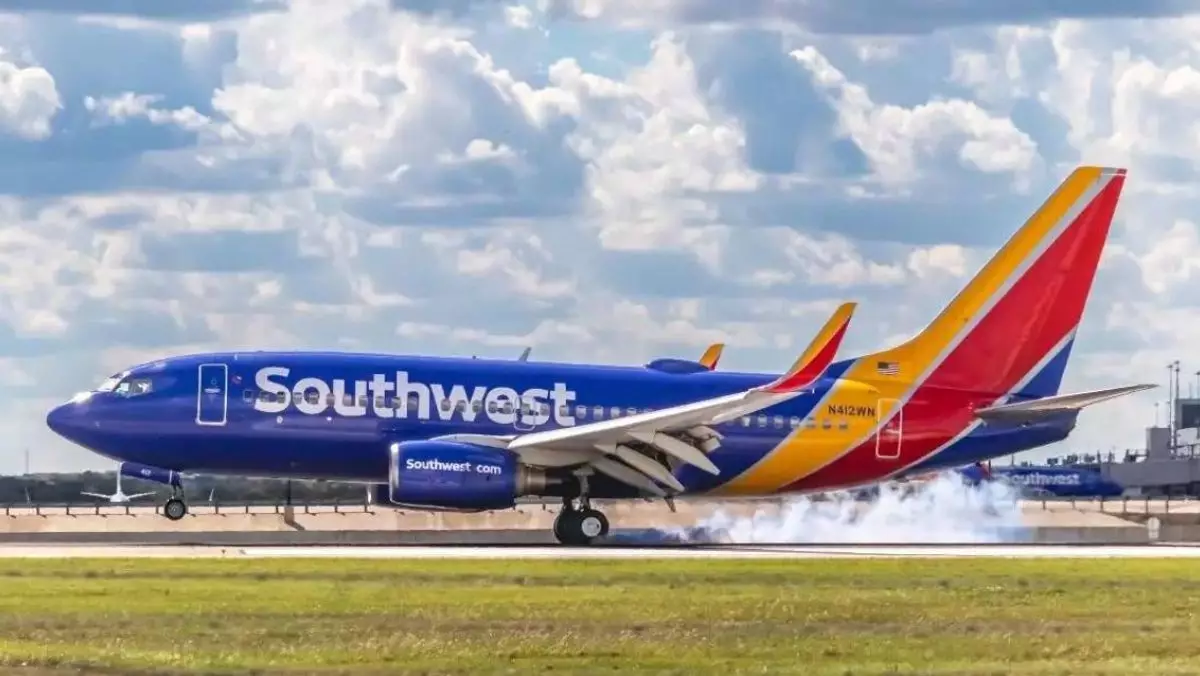The recent restructuring of Southwest Airlines’ board of directors signifies a pivotal moment for the airline as it aims to recalibrate its strategies and enhance operational effectiveness amidst evolving industry challenges. At the helm is Rakesh Gangwal, co-founder of IndiGo, who brings a wealth of airline experience, having previously served as CEO of US Airways and the reservations system Worldspan. His appointment to the board was driven by pressure from activist investor Elliott Investment Management, which was advocating for the inclusion of directors with seasoned airline backgrounds. Gangwal’s leadership is anticipated to steer Southwest towards innovative practices that align with industry best practices while promoting competitive advantages.
While Gangwal’s appointment may capture headlines, the overall composition of the revised board paints a picture of strategic balance. Notably, most of the committees within the board are led by individuals influenced by Southwest’s traditional leadership. This indicates a dual approach where fresh perspectives from external veterans are blended with the intrinsic knowledge and culture of Southwest. For instance, Lisa Atherton, the current CEO of Bell, and Douglas Brooks, former CEO of Brinker, have valuable insights into compensation and audit matters that could help the airline navigate fiscal challenges effectively.
Additionally, the safety and operations committee will still be presided over by David Hess, who has held that position previously. His continuity is vital, particularly in an industry where operational reliability and safety are paramount. This juxtaposition suggests that while new strategies may be implemented, the core values and operational essence of Southwest will be preserved, reinforcing confidence among stakeholders.
Significantly, the newly established finance committee, chaired by former WestJet CEO Gregg Saretsky, reflects Elliott’s influence and the airline’s commitment to enhance its financial oversight. This move to create specific committees targeting finance and governance underscores the company’s determination to improve its financial trajectory amidst post-pandemic recovery hurdles. The involvement of Saretsky is a strategic response to Elliott’s influence within the company, signaling a willingness to adapt while directly addressing shareholder concerns.
Elliott Investment Management’s involvement, particularly its insistence on a board overhaul, reveals its active interest in shaping Southwest’s future. The firm’s decision to withdraw its proxy challenge late last month indicates a fragile equilibrium between maintaining investor confidence and preserving the airline’s internal governance dynamics. The shifting influence on board decisions is pivotal for ensuring the company aligns with shareholders‘ expectations while being mindful of its operations.
Ultimately, the restructuring of Southwest Airlines’ board is emblematic of a larger trend in the aviation industry where regulatory, operational, and financial scrutiny is intensifying. As Rakesh Gangwal steps into his role, stakeholders will be keenly observing how these changes unfold—whether they will spur innovation, drive performance, or result in unforeseen challenges. Balancing the traditional values that have defined Southwest with modern governance and operational insights will be crucial for the airline as it navigates this new chapter in its storied history.


Napsat komentář